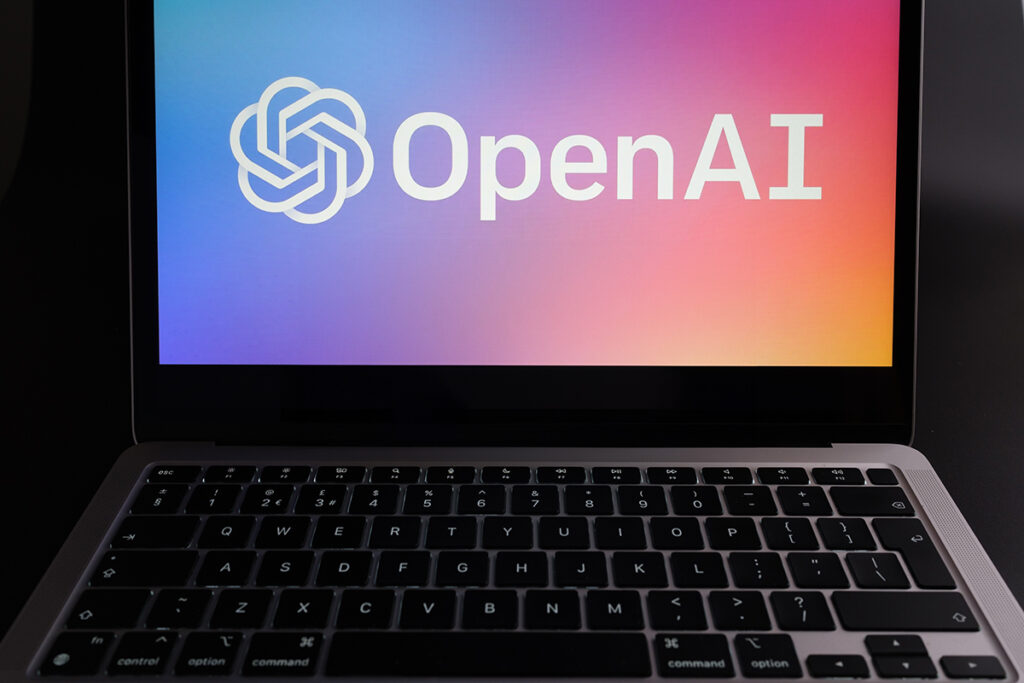OpenAI, a leading figure in artificial intelligence exploration, has unveiled an unprecedented AI model dubbed Sora. This pioneering model pledges to transform video production by crafting lifelike and imaginative 60-second videos based on straightforward text prompts.
Sora’s capabilities extend beyond mere scene generation. It can craft videos featuring multiple characters, specific types of motion, and intricate background details, all from verbal cues. OpenAI emphasizes that Sora not only comprehends the user’s prompt but also understands how those elements exist in the physical world.
This development marks a significant stride in the generative AI movement, spearheaded by OpenAI, renowned for its viral chatbot, ChatGPT. While similar text-to-video models exist, Sora distinguishes itself with its claimed length and precision.
Reece Hayden, a senior analyst at ABI Research, highlights the potential impact of such AI models on digital entertainment markets. Personalized content creation, particularly for TV narratives, could see a substantial boost with the advent of Sora.
However, Sora is not without its limitations. OpenAI acknowledges weaknesses in spatial details and cause-and-effect accuracy. For instance, it may struggle with distinguishing left from right or depicting cause-and-effect relationships accurately, as evidenced by instances like omitting a bite mark after someone takes a bite of a cookie.
Prioritizing safety, OpenAI is working with experts to mitigate potential risks. They plan to scrutinize areas such as misinformation, hateful content, and bias. In addition, the company is developing tools to detect misleading information, underscoring their commitment to responsible AI deployment.
Initially, Sora will be accessible to cybersecurity professors and creative professionals, allowing for extensive feedback collection. This phased approach ensures thorough evaluation for potential harms or risks before broader deployment.
Moreover, OpenAI announces enhancements to ChatGPT, including a memory control feature. This feature empowers users to tailor conversations by instructing ChatGPT to remember past interactions or forget specific details, enhancing personalization.
The unveiling of Sora and the continued evolution of ChatGPT underscore OpenAI’s commitment to advancing the capabilities of AI-driven technologies. As Sora undergoes further refinement and testing, its potential to reshape content creation and storytelling in various industries becomes increasingly evident.
In a landscape where AI continues to push the boundaries of innovation, OpenAI’s latest endeavors herald a new era of creativity and possibility. As Sora takes its place alongside ChatGPT in the pantheon of AI achievements, the future of generative AI appears more promising than ever before.


